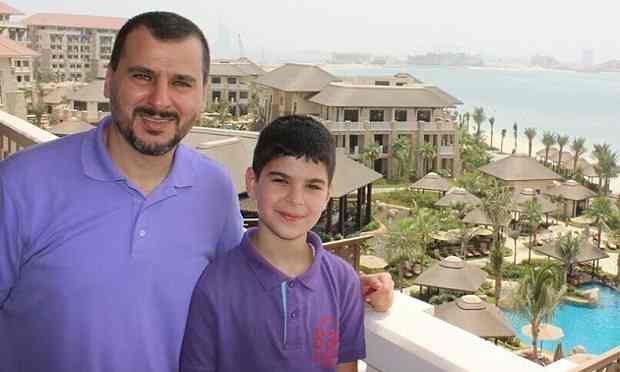After being detained on a family vacation, Salim al-Aradi spent more than a year in a United Arab Emirate’s prison without a conviction. UAE authorities arrested Salim for alleged terrorist-related activities. On the 21st of March, Salim al-Aradi’s lawyer announced that UAE officials formally dropped ‘terrorism’ charges placed upon Salim and three other individuals. However, Emirati authorities substituted the previous charges for ‘funding and supporting terrorist organizations.’ Emirati officers arrested al-Aradi and held him incommunicado for over two months. Since the arrest of al-Aradi, consular officials documented visible injuries on his arms and legs. Similarly, UAE authorities also tortured three additional individuals after they were detained. According to local reports, Emirati officials used electric shocks, removing of finger nails, sleep deprivation, and threats of rape to coerce confessions. Salim al-Aradi and his family maintain his innocence and have called upon the government of the UAE to release Salim, whose arbitrary detention was recently confirmed by the UN Working Group on Arbitrary Detention.
Like Salim, US-Libyan citizens’ Kamal al-Darat and Mohamed al-Darat also maintain their innocence before UAE officials. Local reports state that Emirati authorities coerced the al-Darats into giving false confessions under duress. In contravention to the Universal Declaration of Human Rights, Emirati officials held Kamal and Mohamed for more than a year. The Government of the UAE did not formerly charge any of the Libyan businessmen arrested until January 2016. After nearly a year, Kamal al-Darat’s daughter expressed her concern over Kamal’s condition, “My dad was like a walking skeleton…It was like he was gone,” she stated. Disregarding reports from the United Nations Special Rapporteur on Torture citing that there is credible evidence proving that the al-Darats were tortured and coerced, the Government of the UAE continues to prosecute the reportedly arbitrarily detained Libyans.
Emirati authorities have continued to employ charges related to ‘terrorism’ as a mechanism to silence dissent within the Gulf State for several decades. On 4 March 2013, the State Security Chamber of the Federal Supreme Court held mass trials for 94 people arrested over several months in 2012 for purportedly attempting to overthrow the government. The application of ‘terrorism’ charges in GCC is criticized by NGOs, who believe it is a government mechanism to apprehend, torture, or execute opposition voices in the region. ADHRB calls upon the GCC, especially the UAE, to fully respect international human rights granted in the Universal Declaration of Human Rights and to immediately release all prisoners of conscience.





